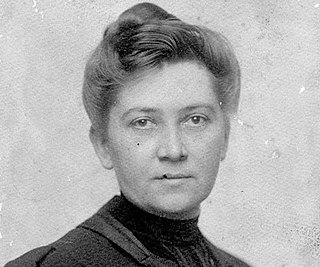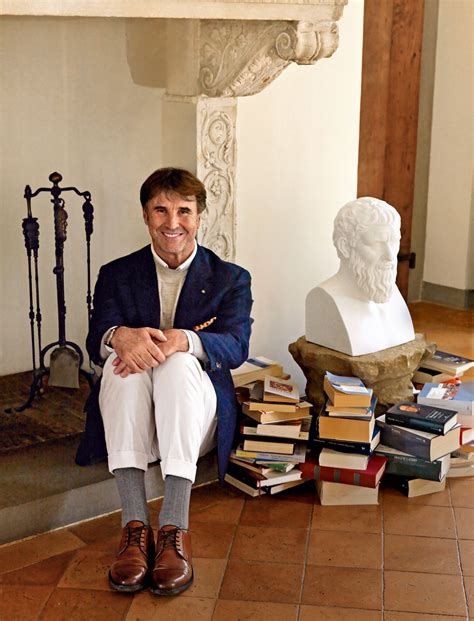A Quote by Benjamin Franklin
Rich widows are the only secondhand goods that sell at first-class prices.
Related Quotes
There is no such thing as agflation. Rising commodity prices, or increases in any prices, do not cause inflation. Inflation is what causes prices to rise. Of course, in market economies, prices for individual goods and services rise and fall based on changes in supply and demand, but it is only through inflation that prices rise in aggregate.
At first it was the incomes of corporations, then of rich citizens, then of well-provided widows and opulent workers, and finally the wealth of housemaids and the tips of waitresses. This is all in line with the ability to pay doctrine. The poor, simply because there are more of them, have more ability to pay than the rich.
Capitalism improves the quality of life for the working class not just because it leads to improved wages but also because it produces new, better, and cheaper goods.... Indeed, with capitalism, the emphasis shifted to producing goods as cheaply as possible for the masses--the working class--whereas artisans had previously produced their goods and wares mostly for the aristocracy. Under capitalism every business wants to cater to the masses, for that is where the money is.
I have read a great deal of economic theory for over 50 years now, but have found only one economic "law" to which I can find NO exceptions: Where the State prevents a free market, by banning any form of goods or services, consumer demand will create a black market for those goods or services, at vastly higher prices. Can YOU think of a single exception to this law?
People want to buy cheap and sell dear; this by itself makes them countertrend. But the notion of cheapness or dearness must be anchored to something. People tend to view the prices they’re used to as normal and prices removed from these levels as aberrant. This perpective leads people to trade counter to an emerging trend on the assumption that prices will eventually return to “normal”. Therein lies the path to disaster.


































